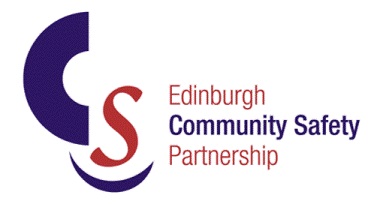Have your say about Community Justice
Overview
The Scottish Government and partners are working towards a new model for community justice. The new model aims to:
- Reduce crime
- Keep communities safe; and
- Promote social inclusion and citizenship.
The basis for the new model is that everyone can contribute to our communities. Some people need more support to do this than others. We want to give people support to stay out of trouble. We need to support those who have committed offences so they can add value to – rather than detract from – our society. At the same time, we must make sure that the needs of victims and witnesses of crime are met.
We have learned that alternative sentencing programmes (such as enrolling in job training, anger management or psychological counselling) are more likely than a prison sentence to help people to healthier, more productive and crime-free lives. Communities benefit more from people convicted of less serious crimes going through these alternative programmes so that they are less likely to offend again.
We need your feedback to find out how we can improve community justice in your area.
Why your views matter
Community justice involves everyone. Not only justice services but also people with offending backgrounds, their families and services working with them, local communities, private businesses, voluntary sector bodies and victims and witnesses of crime, their families and organisations supporting them.
You, your organisation, your family and your community know your area best and we want to hear from you what we should do to improve community justice.
What happens next
We will use feedback to identify how we can improve community justice in Edinburgh.
We will write a plan to show how we will do this. You will be able to see the plan. We will publish progress reports annually so you can keep track of what is being achieved. Everyone is welcome to be involved at any stage of the planning process.
Views will also feed in to the development of the Locality Improvement Plans.
Areas
- All Areas
Audiences
- Amenity groups
- Architects/designers
- Built heritage groups
- Businesses
- Carers
- Children & Young People
- Civil and public servants
- Community councils
- Developers/investors
- Development management statutory consultees
- Development planning key agencies
- Education institutions
- Elected Members
- Employees
- External councils
- Homeless People
- Housing associations
- Jobseekers
- Landowners
- Lesbian, gay, bisexual people, Transgender people (LGBT)
- Libraries
- Licence holders
- Low income households
- Men
- Minority Ethnic groups
- Natural heritage/open space
- Neighbourhood partnerships
- Older people
- Parents/carers
- People with disabilities
- People with long term conditions
- Planning consultants
- Professional bodies
- Professionals
- Residents
- Road users
- Scottish Government departments
- Services/utilities
- Students
- Taxi Licence holders
- Teaching/Educational staff
- Transport groups
- Visitors
- Voluntary sector/volunteers
- Women
- Young people
Interests
- All interests


Share
Share on Twitter Share on Facebook